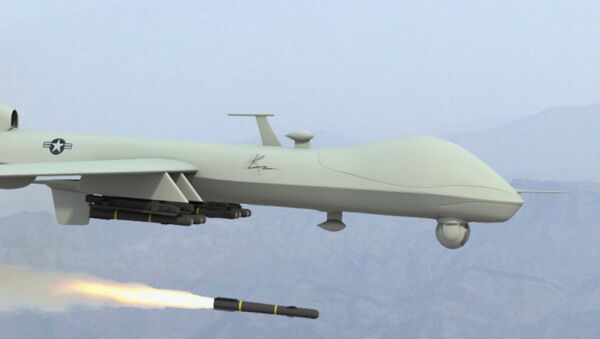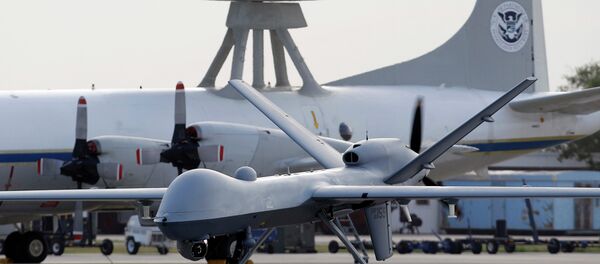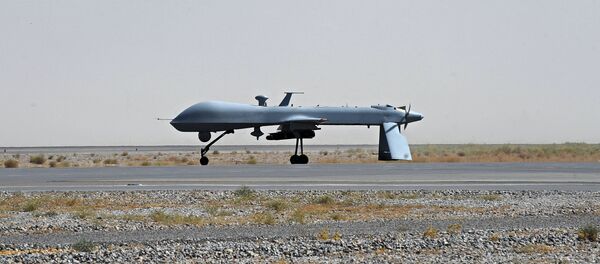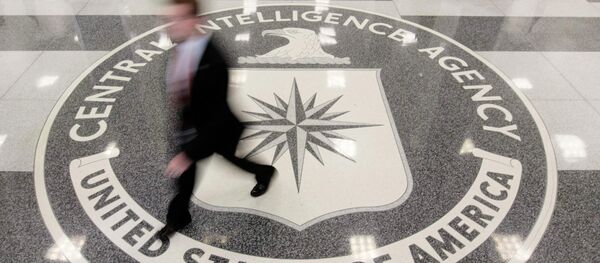Two years ago, Obama announced his intention to hand over control of the controversial drone program against Islamic extremism from the CIA to the Defense Department. He reaffirmed the pledge to take power from the CIA as recently as April.
But on June 10, administration officials gave a classified briefing to lawmakers laying out a blueprint for a new transition plan that would involve a dual command structure, US officials briefed on the matter told HuffPost.
The deal is "about 95% complete," one official said, while the remaining "5% is details."
And while the CIA and Pentagon have both backed the new plan, lawmakers remain doubtful that the two agencies – each of which has accused the other of being unqualified to manage the drone program – can finally cooperate.
"[The White House] was almost laughed out of the room," said another official in the June 10 briefing. "It was just totally unworkable. It was dual command… that's not what the president's direction was."
The first source said ending the CIA's drone program was never a realistic objective, even though White House publicly implied that is what it wanted.
"It's more centrally operated than they may have originally intended, but the intention was always integration," the source said.
The White House declined to comment, but one administration official suggested the president had never intended to end the CIA program entirely.
"The broader point is we're not going to shut out any part of the United States government," the source told the site. "Especially one that has the expertise and experiences that is useful across a range of means."
On Capitol Hill, those who support the CIA – many of whom sit on the Senate Intelligence Committee – say the agency shows precision and care when conducting drone strikes. The Senate Armed Services Committee (SASC), on the other hand, has long pushed to move the program entirely under the control of the Pentagon and the oversight of the SASC.
Currently, CIA drone strikes are not governed by the same international laws and domestic oversight as Pentagon strikes. This means the CIA can launch US strikes in countries without the authorization of local governments.
But the president's amended plan may have less to do with geopolitics and more to do with the government's internal power struggles, HuffPost reported.
"This is the classic example of the bureaucracies resisting even the president of the United States," one official told the site. "They've reached some unholy Faustian bargain… it's unworkable."





